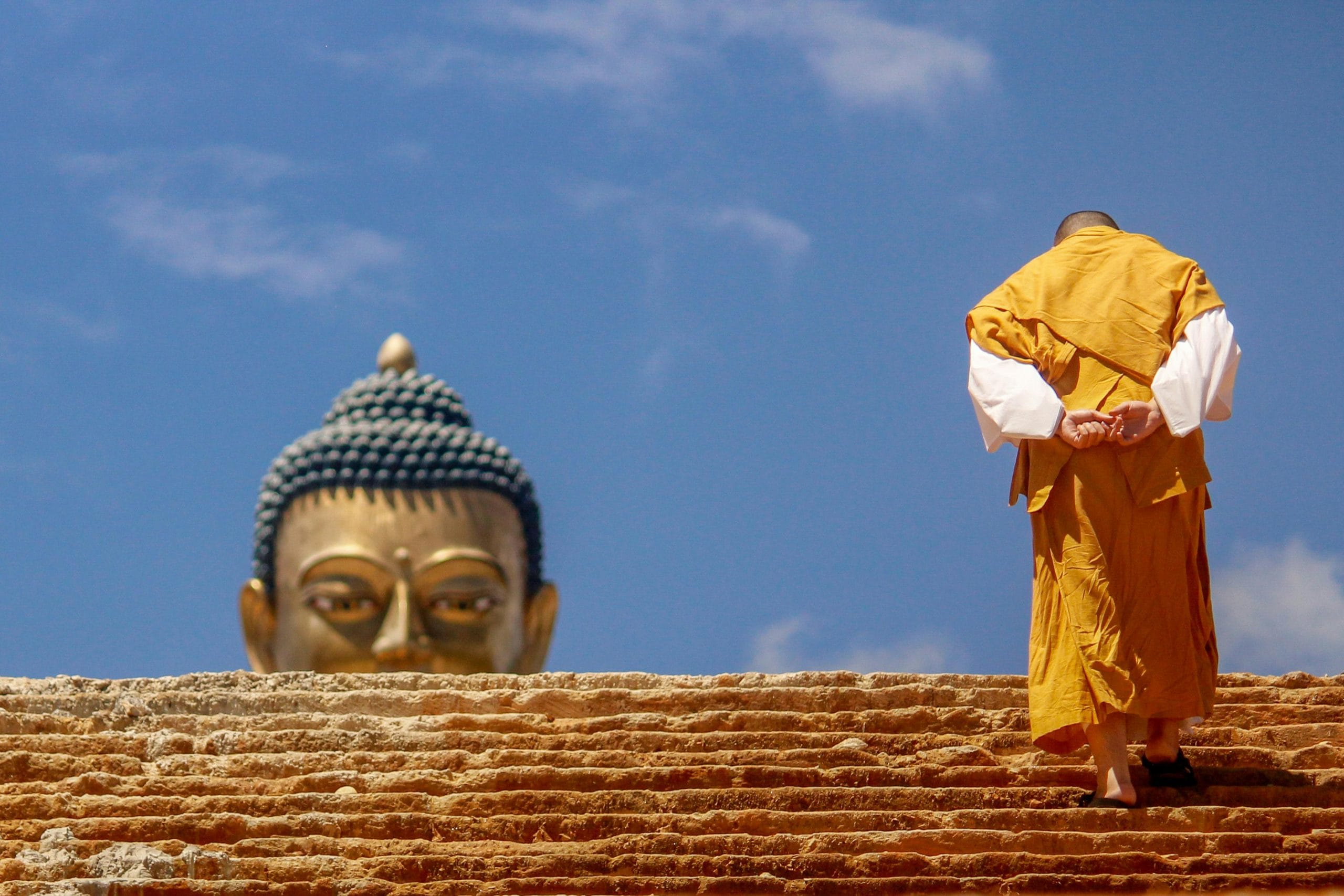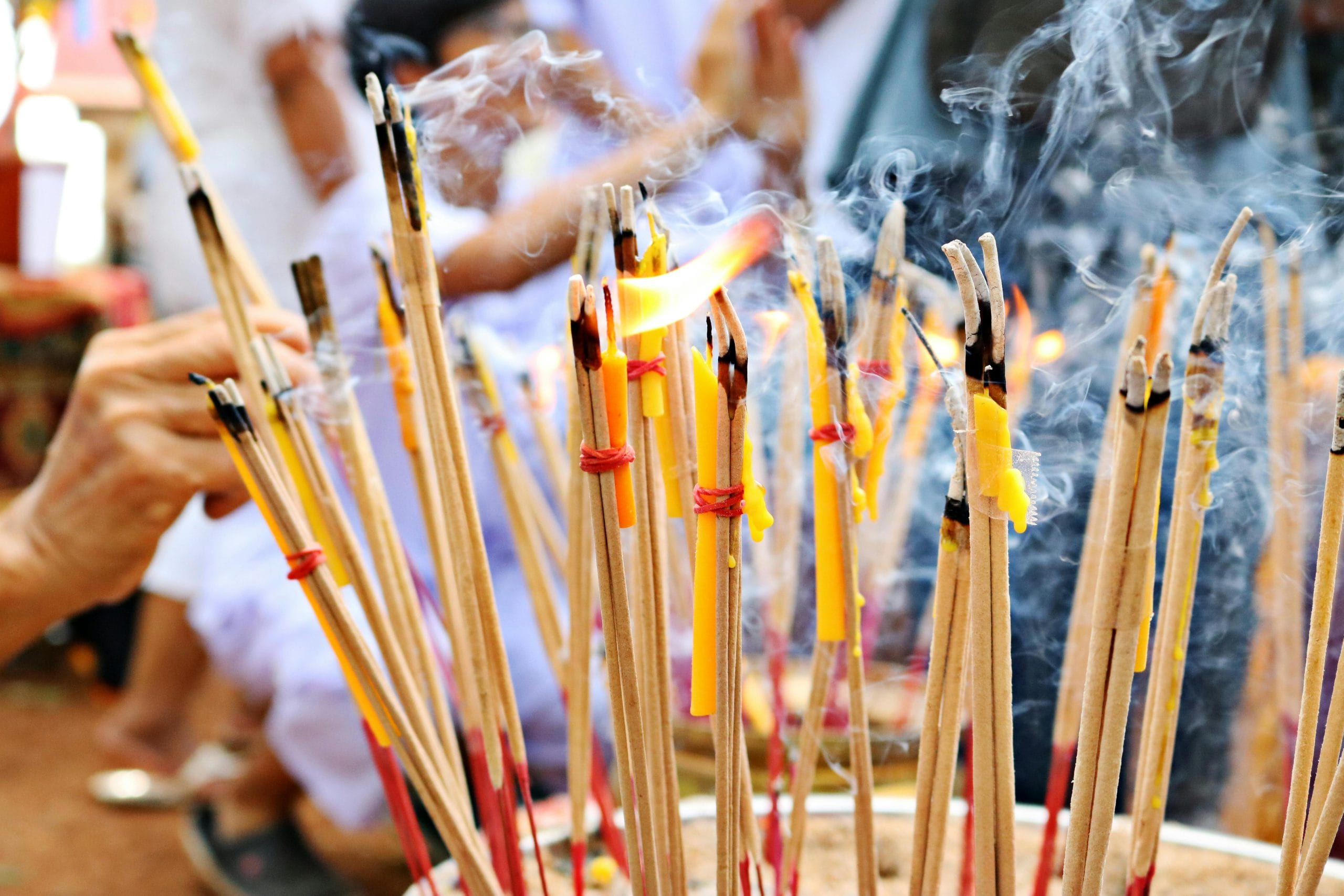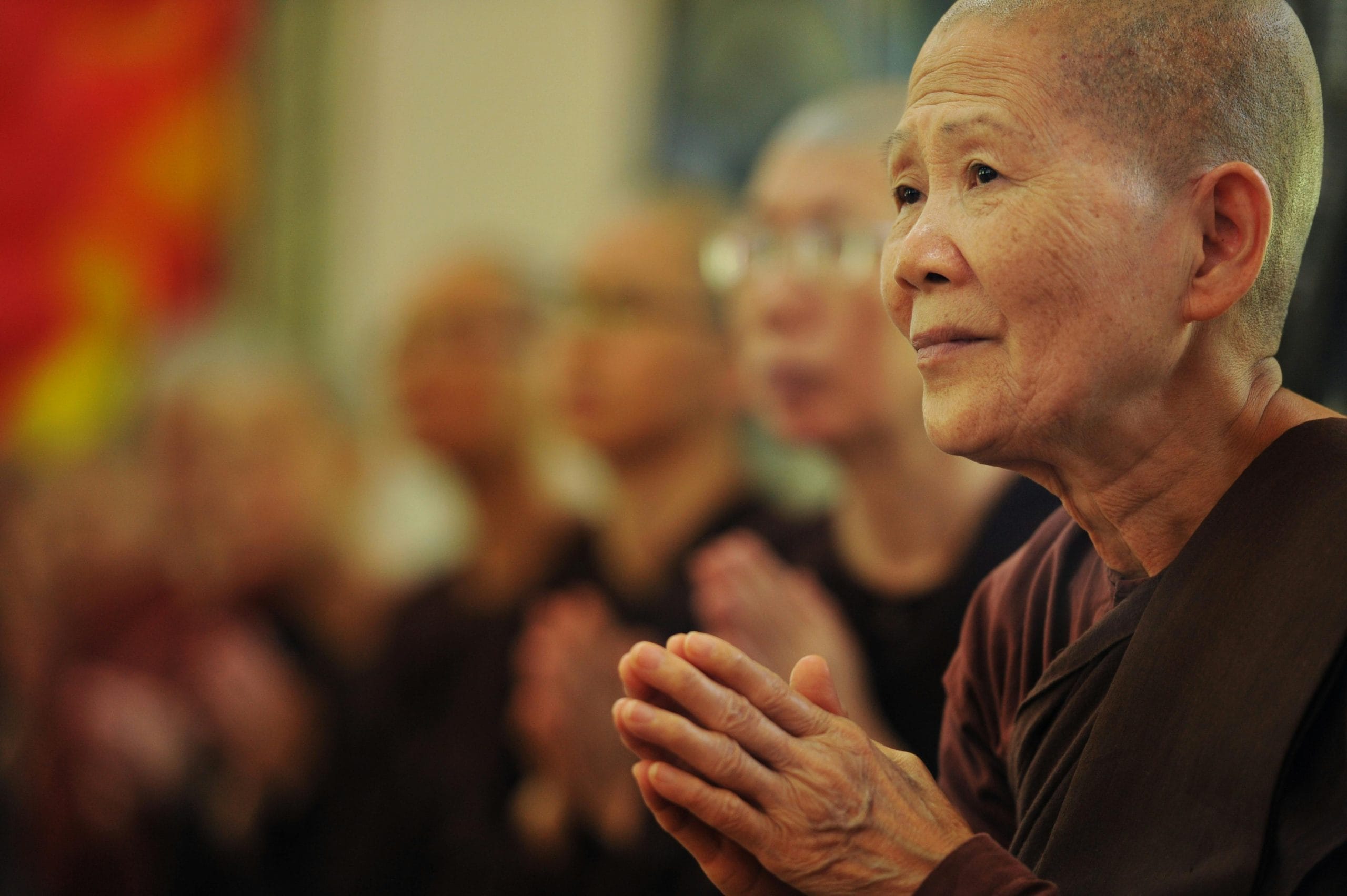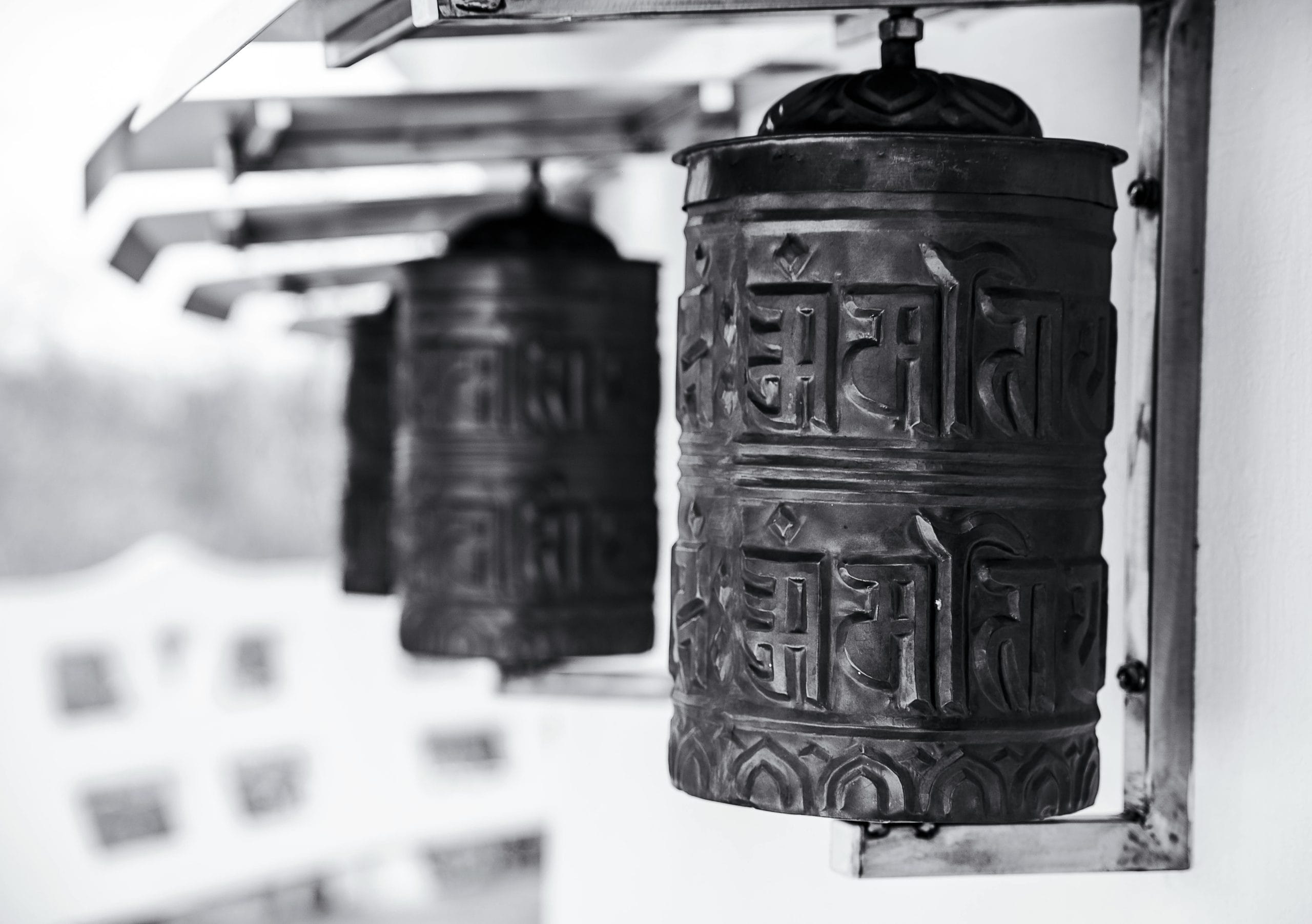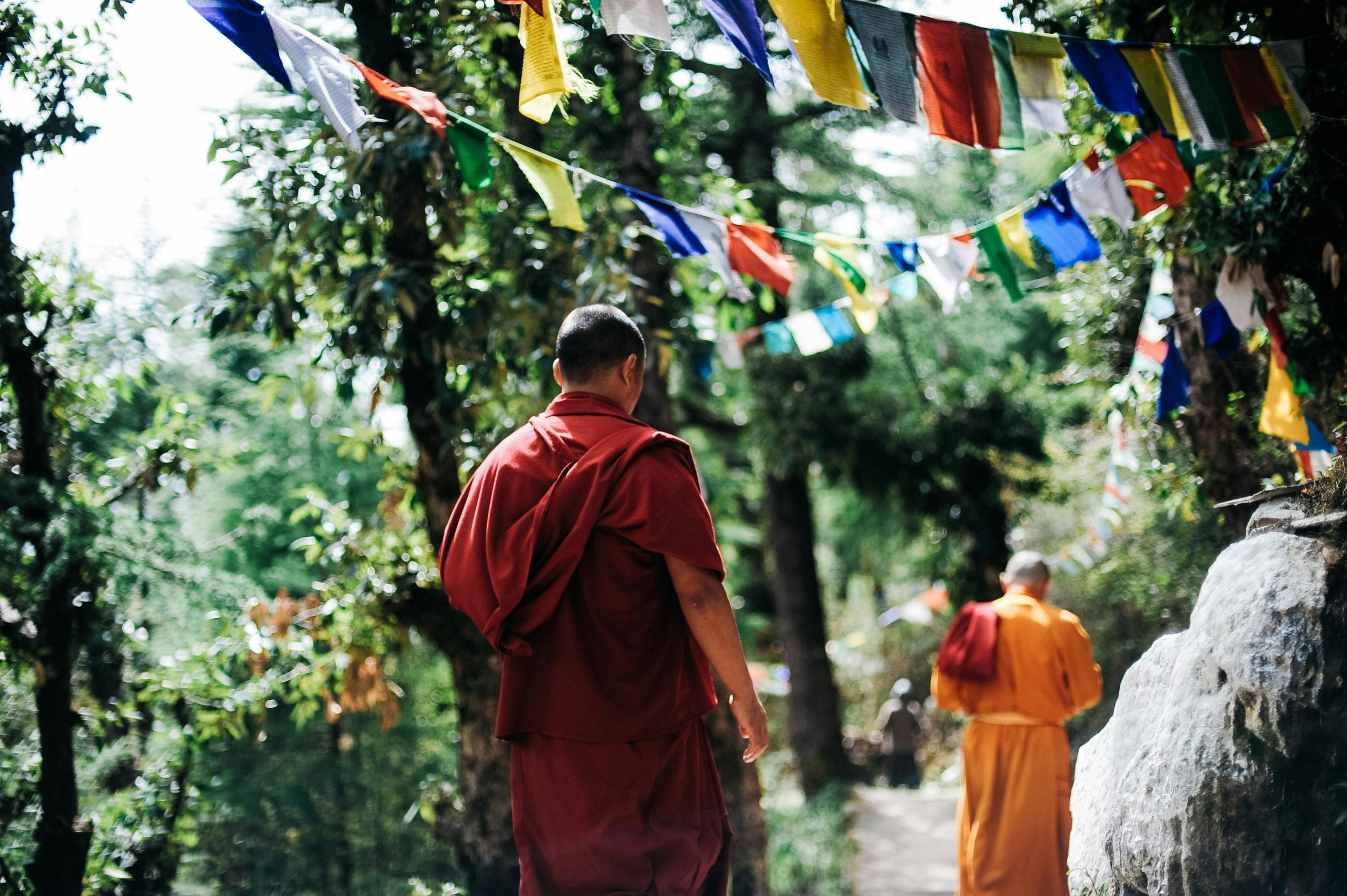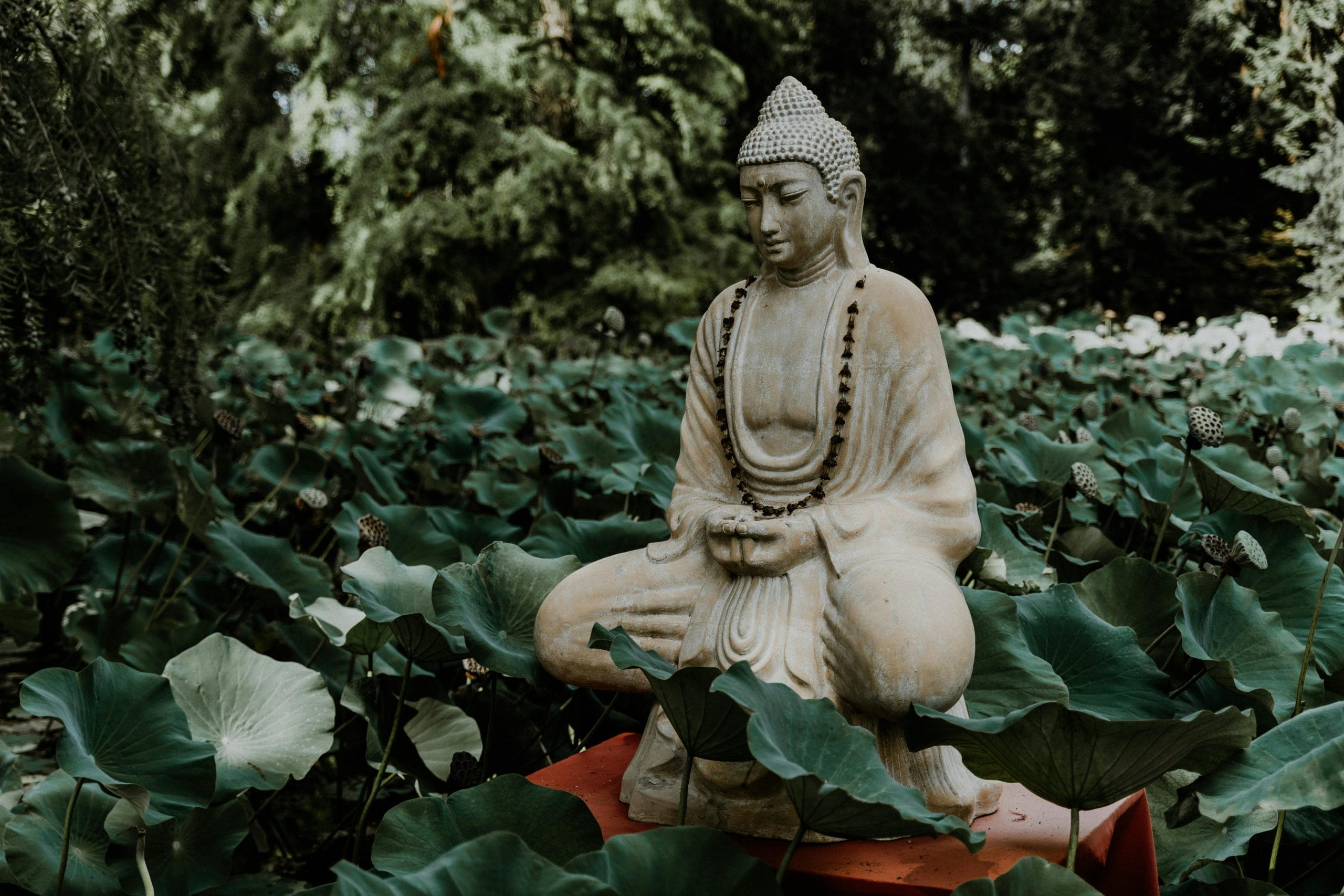How Do I Find a Local Buddhist Community or Group?
Connecting with a local Buddhist community can be a meaningful way to deepen your practice, learn from others, and gain support on your spiritual journey. Buddhist communities, often called sanghas, offer opportunities for meditation, study, and discussion, providing a space to explore teachings and share experiences with like-minded people. Finding a local Buddhist group might feel challenging at first, but there are many ways to locate a welcoming community that aligns with your interests and needs. Here’s a guide on how to find a local Buddhist group, the benefits of joining one, and tips for getting involved.
1. Search for Buddhist Centers and Temples Online
One of the easiest ways to find a local Buddhist community is by conducting an online search. Typing in phrases like “Buddhist centers near me” or “Buddhist temples nearby” can provide a list of organizations in your area. Websites like Google Maps, Yelp, and Facebook can also be useful, as they often display user reviews and photos, giving you an idea of the community atmosphere.
If you’re looking for a specific tradition, such as Zen, Theravada, or Tibetan Buddhism, you can refine your search by including the tradition’s name. Many temples and centers have websites or social media pages that outline their services, such as meditation classes, Dharma talks, and community events. Exploring these resources can help you get a sense of what each center offers before visiting in person.
2. Use Buddhist Directory Websites
Several websites function as directories specifically for Buddhist centers and communities, making it easier to locate a group in your area. These directories are often organized by tradition and location, so you can find a community that aligns with your interests. Here are some commonly used websites for finding Buddhist communities:
- Buddhanet.net: This site has a worldwide directory of Buddhist organizations, categorized by country and city. You can search for centers within specific traditions, such as Theravada, Mahayana, or Vajrayana.
- The Buddhist Directory: Another comprehensive directory, this site allows you to search for Buddhist groups, meditation centers, and temples by region and tradition.
- Zen Center Directory: If you’re interested in Zen Buddhism, this directory lists Zen centers across various countries, making it easy to locate a nearby group.
Using these directories can help you find a wide range of communities, including smaller groups that may not appear on mainstream search engines.
3. Check Out Meetup Groups
Meetup.com is a platform for people to organize gatherings and events based on shared interests, and there are many Buddhist and meditation groups listed on the site. Simply enter “Buddhism” or “meditation” along with your location to see what’s available. Many Meetup groups focus on meditation and mindfulness, with some incorporating Buddhist teachings, making them suitable for beginners and experienced practitioners alike.
Meetup groups often gather in casual spaces like community centers, parks, or members’ homes. They are usually open to people of all backgrounds and levels of experience, which can make them welcoming for those new to Buddhism. Meetup is a great way to find local gatherings with a relaxed atmosphere, where you can participate without any pressure or commitment.
4. Attend University or Community College Events
If you live near a university or community college, check their events calendars or Buddhist student organizations. Many universities have Buddhist or mindfulness clubs open to students, staff, and sometimes even community members. Universities often host public events like meditation sessions, talks from guest speakers, and study groups on Buddhist philosophy.
University groups tend to be diverse and inclusive, often drawing people from different cultural backgrounds and levels of experience. This can provide a unique opportunity to explore Buddhism in an academic setting, allowing you to gain insight into various Buddhist practices and philosophies.
5. Look for Meditation and Mindfulness Centers
While some meditation centers may not label themselves strictly as Buddhist, many incorporate Buddhist teachings and practices. Mindfulness centers, for instance, often base their practices on Buddhist principles and provide a welcoming environment for people interested in meditation and personal growth. Centers like these often offer classes, workshops, and retreats focused on mindfulness, loving-kindness, and compassion.
Centers that specialize in meditation often provide introductory classes that can help you get started with meditation practice. Some centers offer secular mindfulness sessions, which may be helpful if you are exploring Buddhist practices without a specific religious commitment. Visiting a meditation center can be an excellent way to experience Buddhist-inspired teachings and meet others on a similar path.
6. Attend Events at Cultural Centers
In many cities, cultural centers cater to the communities of countries where Buddhism is prevalent, such as Thailand, Vietnam, Tibet, and Japan. These centers may hold cultural festivals, celebrations, and religious ceremonies that include Buddhist rituals and practices. Cultural centers are great places to learn about Buddhist practices in a more traditional or cultural context, and they often welcome newcomers who want to learn about the teachings.
Attending a cultural event can give you a glimpse into the customs and traditions associated with different forms of Buddhism. Additionally, these events may feature opportunities for guided meditation, chanting, or Dharma talks, giving you the chance to experience Buddhism as it is practiced in different cultural settings.
7. Connect Through Social Media
Social media platforms like Facebook and Instagram are valuable resources for finding Buddhist groups and staying connected with local events. Many Buddhist centers and communities maintain social media pages where they post announcements about upcoming events, classes, and special ceremonies. By following these pages, you can stay informed and interact with other members of the community before attending in person.
Joining Facebook groups dedicated to Buddhism in your area is another way to connect with local practitioners. These groups often share information on local events, study materials, and other resources. Social media also allows you to ask questions and seek recommendations for groups that suit your specific interests.
8. Try Online Buddhist Communities
If you can’t find a local community or prefer connecting virtually, there are numerous online Buddhist communities that provide classes, discussions, and group meditation sessions. These communities allow you to learn and practice with people from around the world, often with experienced teachers leading sessions.
Many Buddhist organizations, such as Insight Meditation Society, Plum Village, and Shambhala International, offer online events, including meditation sessions and Dharma talks. Platforms like Zoom have made it easy for Buddhist groups to offer virtual classes, allowing you to join in from the comfort of your home. Virtual communities can be a great resource if you don’t have access to a nearby center or are looking for a flexible way to practice.
Making the Most of Your Experience
Once you find a local or online Buddhist community, approach the experience with openness and curiosity. Don’t feel pressured to know everything right away; Buddhism is a lifelong journey, and learning happens gradually. If you’re new to the practice, don’t hesitate to ask questions or seek guidance from other members or teachers. Buddhist communities are generally welcoming, and many have resources for beginners.
When attending events, wear comfortable clothing and observe any etiquette guidelines the community may have. Some centers may have specific practices, such as removing shoes before entering or bowing upon arrival, which you can learn by observing others or asking.
Joining a Buddhist community can be an enriching experience, offering support, guidance, and a sense of belonging as you explore the teachings. Whether you connect in person or online, having a community can deepen your understanding, provide accountability, and encourage consistency in your practice.

